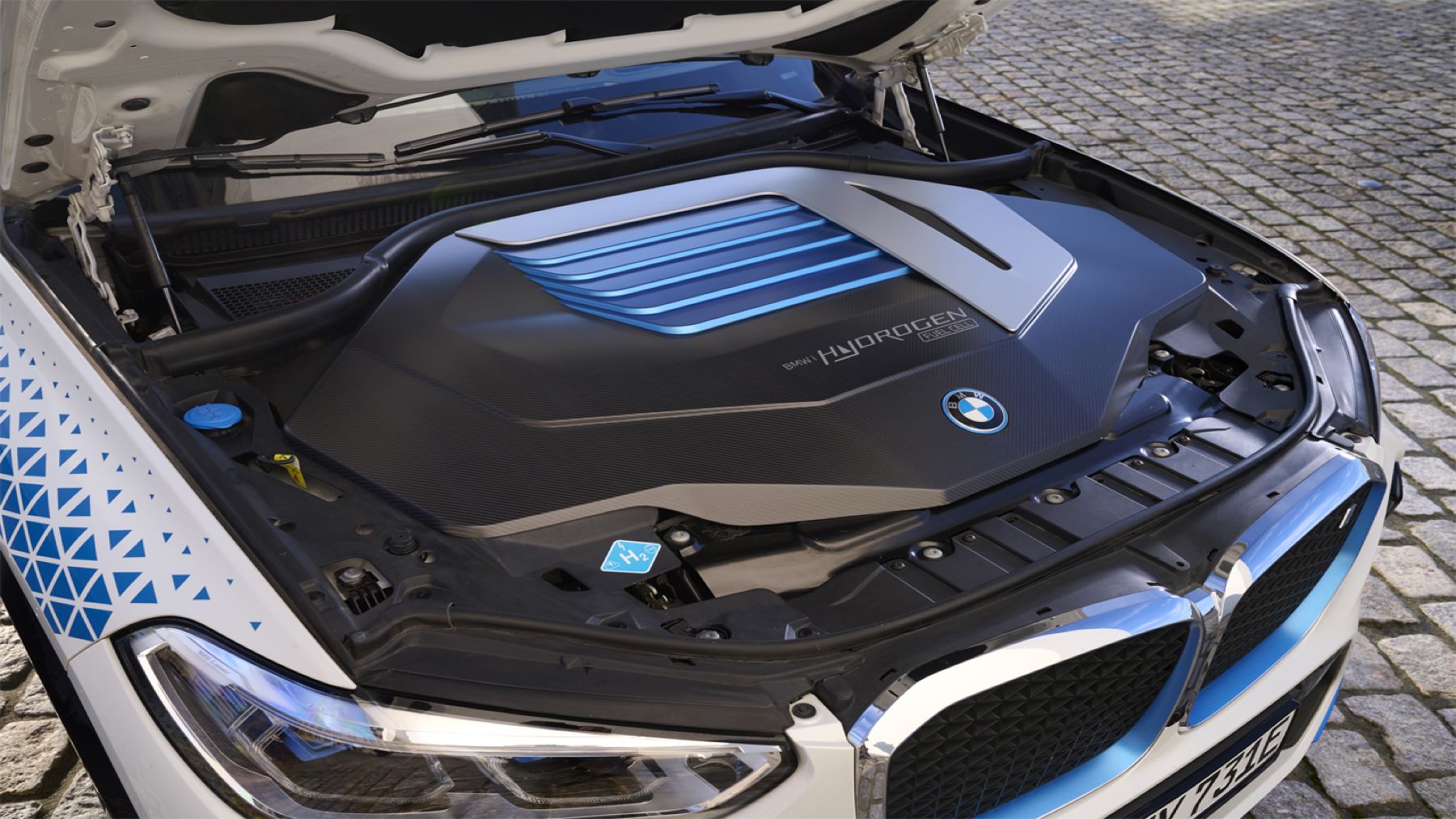While electrical vehicles continue to dominate the passenger vehicle world, this German brand has something new to offer. With the world facing pressing and imminent challenges regarding the climate crisis, the transportation industry has taken it upon itself to advance and create innovative alternative engine solutions in order to transform the industry towards more sustainable practices. Passenger vehicles in particular have been embracing this technology, with this company investing in a new technology.
The electrical engine dominates passenger vehicles
The electrical engine has virtually taken over the road in terms of what has been most popular to consumers when picking their proffered alternative engine solutions. Major automobile companies are advancing their passenger vehicle model lineups with electrical technology in order to meet carbon neutrality targets and maintain competitiveness, with the majority of major automakers now offering some form of an electrical model to their consumers to highlight their commitment towards sustainability.
However, the application of hydrogen fuel-cell technology in passenger cars is becoming a rising complement to the preferred electrical engine technology solutions. Although not as well-embraced as its electrical counterpart, this technology, which continues to be pioneered by automakers like Toyota and Hyundai, is quickly emerging as the preferred diversity factor within alternative engine solution offerings due to its ability to fill the gaps in transportation industries where electrical engine technology falls short.
Germany buries electrical engine technology with this fuel
Not to be outdone by their Asian competitors, German automobile manufacturer BMW has also noted the possibilities hydrogen fuel-cell technology has to offer for passenger vehicles. Despite being competitors, the two automobile powerhouses announced last year September that they have decided to join forces and pool their resources and expertise in order to advance this technology for BMW. This collaboration will be another opportunity Toyota has taken up in terms of collaborating with other automakers and manufactures to advance their hydrogen fuel-cell technology.
“Basically, with the X5 Hydrogen FCEV we get around 500 km [310 miles] from a fill. If I put a combustion engine in the same car with the same tank, I wouldn’t even get 300 km [186 miles]. That is the difference between a product we can sell, and a product we cannot sell. At the 500-km [310-mile] mark, and with a refueling time of three to four minutes, I think people will consider making the move to hydrogen – so, it is relevant,” described Jürgen Guldner, Vice President of Hydrogen Fuel Cell Technology and Vehicle Projects at the BMW Group to GoAuto in 2024
While BMW has a wide range of electrical engine models on offer, in order to compete with the likes of other automobile manufactures such as electrical engine giant Tesla, the company appears to be taking the same steps as Tesla in offering a wide range of alternative engine solutions instead of merely placing all their bets on electrical engine technology. The project currently has less than 100 prototypes piloting the engine on the road, with the fuel-cell technology supplied by Toyota.
A world without the internal combustion engine?
The development by BMW to embrace hydrogen technology showcases how automakers are looking at multiple solutions to embrace sustainability, and while Toyota has received their fair share of criticism for continuing to push for hydrogen as a viable alternative engine solution, the world needs myriad ways to achieve carbon neutrality.
The hydrogen project by BMW and their collaboration with Toyota also points towards how automakers are needing to prioritize collaborative initiatives instead of working against each other for dominance on the road. While the two are competitors, both have the same goal of contributing towards sustainable solutions by advancing passenger vehicles as we know them today. By combining resources, the road to carbon-neutrality is sure to be accelerated.
Disclaimer: Our coverage of events affecting companies is purely informative and descriptive. Under no circumstances does it seek to promote an opinion or create a trend, nor can it be taken as investment advice or a recommendation of any kind.















